What Is an Abstract?
An abstract is a short, standalone summary of your research paper that appears on its own page before the introduction. It gives readers a complete picture of your paper in under 250 words.
Think of it as the movie trailer for your research. It covers the plot without giving everything away, and it helps readers decide whether the full paper is relevant to what they're looking for. In academic databases, the abstract is often the only part people read before deciding to access the full text. Your research paper conclusion is where you develop this argument fully the abstract pulls the essence of it into one sentence.
What Goes in an Abstract?
Most abstracts include four core elements. If you cover all four clearly, you've done the job.
Element | What It Covers |
Purpose / Background | Why you did the research and what problem it addresses |
Methods | How you conducted the research |
Results | What you found |
Conclusion / Implications | What your findings mean or suggest |
You don't need a sentence for each element, some papers combine purpose and methods in a single sentence. What matters is that a reader can answer all four questions after reading your abstract.
How to Write an Abstract — Step by Step
Here's the process that actually works. Don't skip step one.
Step 1: Finish your paper first.
Don't write the abstract until the paper is complete. Your abstract should summarize what's already there, not what you plan to write. Students who write the abstract first almost always have to rewrite it.
Step 2: Pull the key information from each section.
Go through your paper and pull one or two sentences from each major section: your introduction (purpose), your methodology (methods), your results section (findings), and your conclusion (implications). These don't go directly into the abstract, but they're your raw material.
If your methodology section is detailed, our guide on how to write research methodology covers how to summarize complex methods clearly.
Step 3: Write a rough draft in past or present tense.
Write the abstract in past tense for what you did ("This study examined...") and present tense for what you found ("The results show..."). Don't use future tense. Keep your rough draft under 300 words at this stage.
Step 4: Trim it down to 150-250 words.
Cut anything that doesn't directly answer one of the four elements. That means no background history, no citations, no abbreviations that aren't defined, and no quotes from other sources. Every sentence has to earn its place.
Step 5: Check your format requirements.
APA, MLA, and Chicago all have slightly different rules for abstracts. Check whether your assignment specifies a style, and follow the formatting requirements for that style. If your instructor gave you specific guidelines, those take priority over everything else.
Step 6: Read it aloud and cut anything that doesn't add information.
If a sentence sounds awkward out loud, it needs to be rewritten. If a sentence just restates what the previous sentence already said, delete it. The abstract should be read cleanly from start to finish with no filler.
Abstract Example (Labeled by Element)
Here's a complete sample abstract for a research paper on social media use and sleep quality in college students. Each sentence is labeled by function so you can see exactly how the structure works.
[Purpose] Social media use among college students has increased significantly over the past decade, yet its relationship with sleep quality remains poorly understood.
[Methods] This study surveyed 215 undergraduate students at a mid-sized U.S. university using the Pittsburgh Sleep Quality Index (PSQI) and a self-report questionnaire measuring daily social media usage, platform preferences, and time of use.
[Results] Students who used social media within one hour of bedtime reported significantly lower sleep quality scores (M = 7.4) compared to those who did not (M = 5.1), with heavy users (3+ hours daily) showing the strongest association.
[Conclusion] These findings suggest that late-night social media use is a meaningful predictor of poor sleep quality in college students, with implications for campus wellness programs targeting student health.
This is 161 words and covers all four elements. Notice it doesn't include citations, doesn't repeat information, and moves cleanly from problem to method to finding to implication. That's the structure you're aiming for.
For context on how this abstract fits within the full paper, see a research paper example.
STRUGGLING WITH YOUR RESEARCH PAPER?
Let Our Expert Writers Handle It While You Focus on What Matters.
100% human-written and Turnitin-verified. Starting at $11/page with 3-hour rush delivery.
Types of Abstracts
Most students only need to know about two types. Here's a quick breakdown:
Type | When You Use It |
Descriptive | Humanities papers, to tells readers what the paper covers, not what it found |
Informative | Science and social science papers, most common type, includes findings and conclusions |
Critical | Advanced research, evaluates the quality of the work as well as summarizing it |
Highlight | Journals and presentations, emphasizes the single most important finding |
If you're writing a standard undergraduate or graduate research paper, you're almost certainly writing an informative abstract. That's the format covered in this article.
Writing a descriptive abstract works differently as it describes the scope and purpose of the paper without reporting actual findings. For example, a descriptive abstract for a literature review might read: "This paper examines how three major theories of motivation have been applied in educational settings over the past 20 years." There's no results section because a literature review doesn't generate original findings.
APA Abstract Format
If your paper follows APA 7th edition, here's what the abstract page needs:
- Separate page:
The abstract gets its own page immediately after the title page
- Label:
Center the word "Abstract" at the top of the page, no bold, no italics
- Length:
150-250 words for most papers; dissertations can go up to 300 words
- Keywords line:
On the line immediately after your abstract text, write "Keywords:" in italics, followed by 3-5 lowercase keywords separated by commas
- Running head:
APA 7th edition no longer requires a running head for student papers, check with your instructor
The abstract is the only place in an APA paper where you don't indent the first line. It's formatted as a block paragraph with no indentation.
For complete APA formatting guidance across the full paper, see the research paper outline article.
Common Abstract Mistakes to Avoid
These are the errors that show up most often in student abstracts:
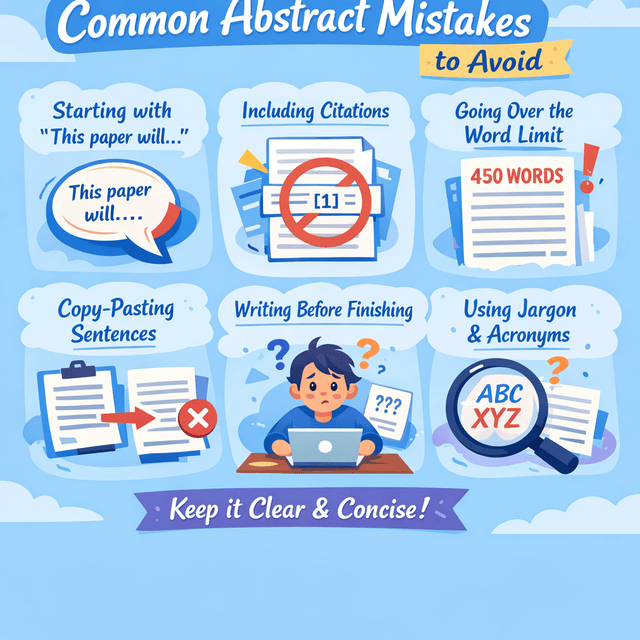
One more thing: the abstract is not the same as the research paper introduction. The introduction is part of the paper and sets up your argument in detail. The abstract is a separate, standalone summary. They serve different purposes.
For more understanding read our guide on research paper introduction.
Conclusion
Writing a good abstract takes about 20 minutes once your paper is done. Follow the six steps, use the labeled example as your guide, and read it aloud before you submit. If it sounds clunky out loud, it needs another pass. If it runs over 250 words, cut the background, that's usually where the extra words hide.
The abstract isn't where you impress anyone with complexity. It's where you prove you understand your own research well enough to explain it clearly in a paragraph. Get that right, and you're already ahead of most submissions.
If the paper itself is the part you're stuck on, that's what we're here for. Our writers handle everything from the methodology to the conclusion, and yes, the abstract too.
Ready to Submit a Research Paper That Stands Out?
Our writers deliver polished, fully-cited papers on time, every time.
- Expert writers across every subject area
- APA, MLA, Chicago and all major citation styles
- Abstract included with every paper order
- Plagiarism-free and Turnitin report with every order.
Join thousands of students who submit with confidence.
Place Order Now

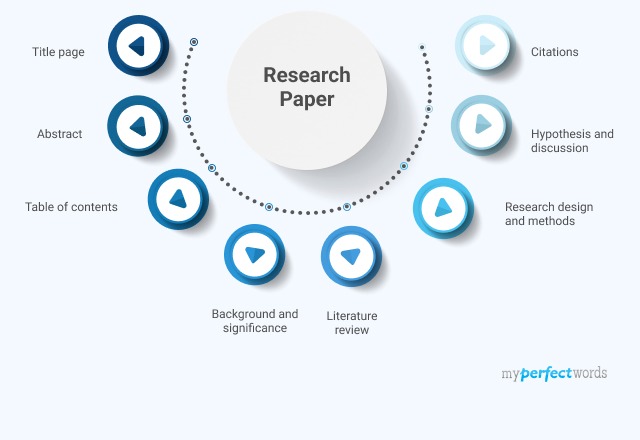

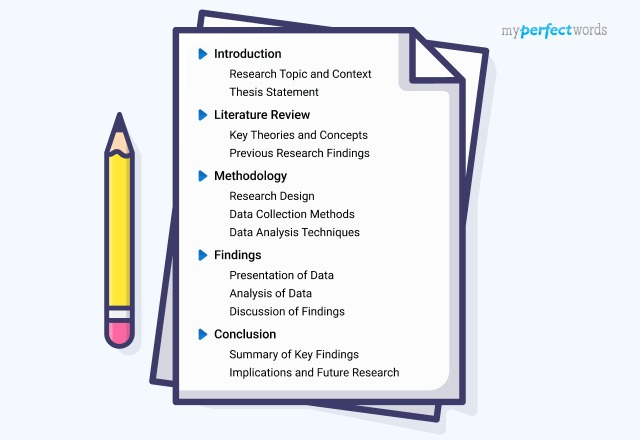
-9352.jpg)
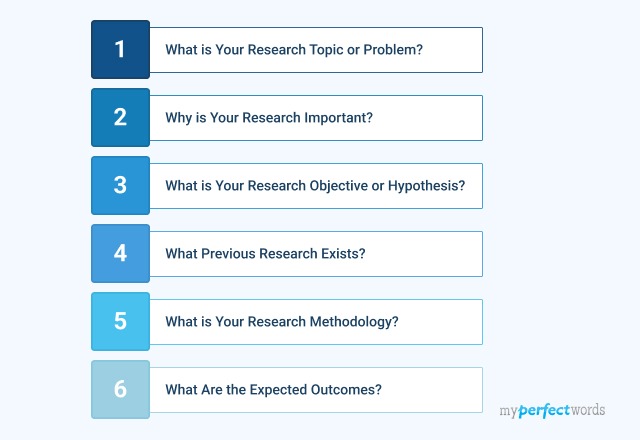
-9374.jpg)


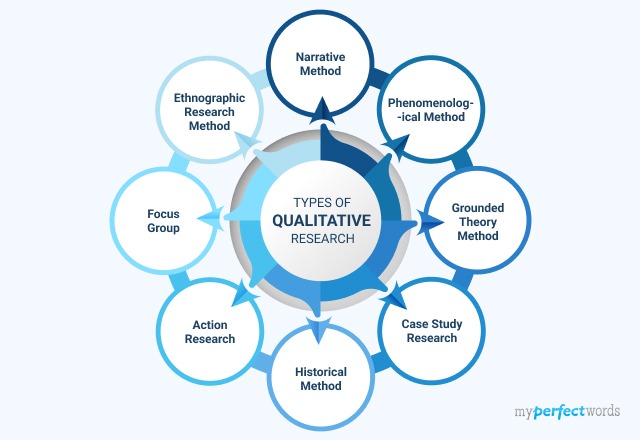














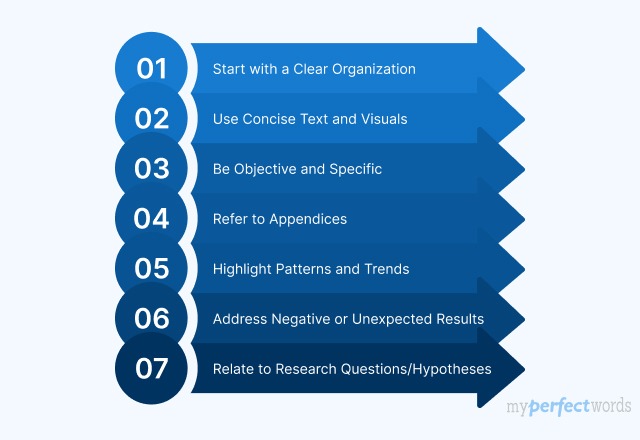


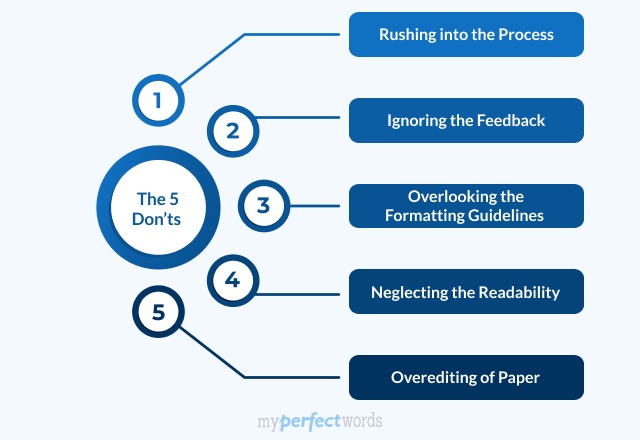
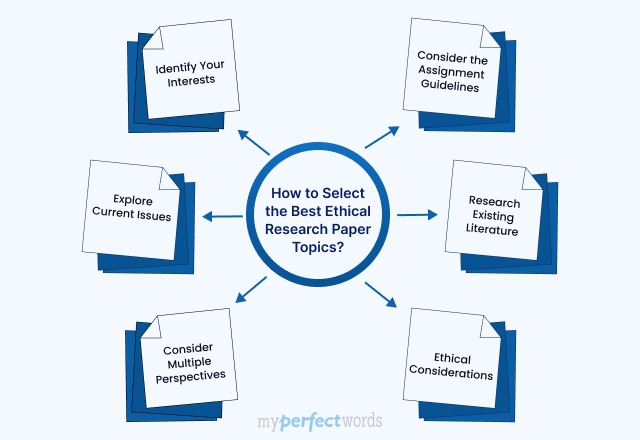

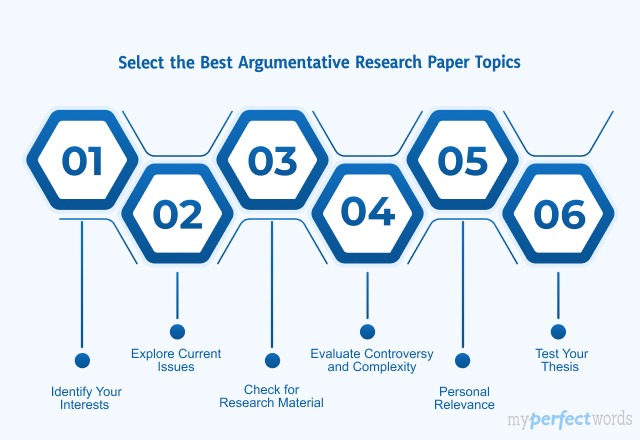
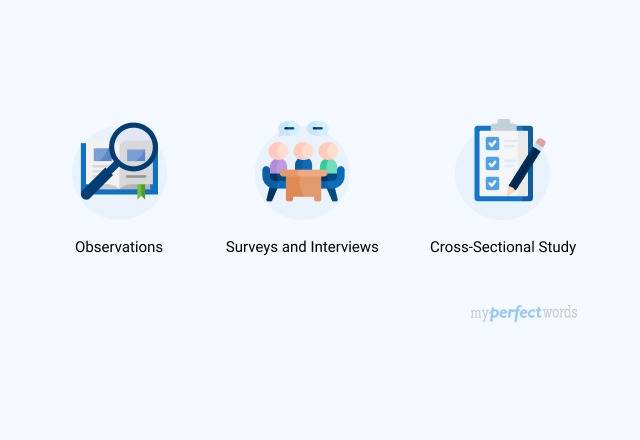
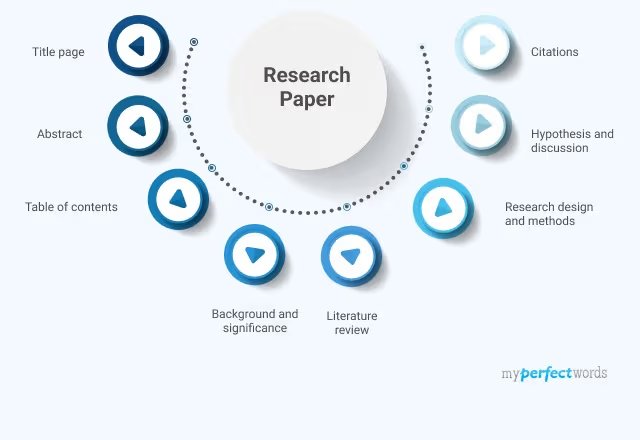
 (2))
)
 (1))
 (1))
 (1))
 (1))
 (1))
 (1))
-20419.png)
-20426.png)
-20431.png)